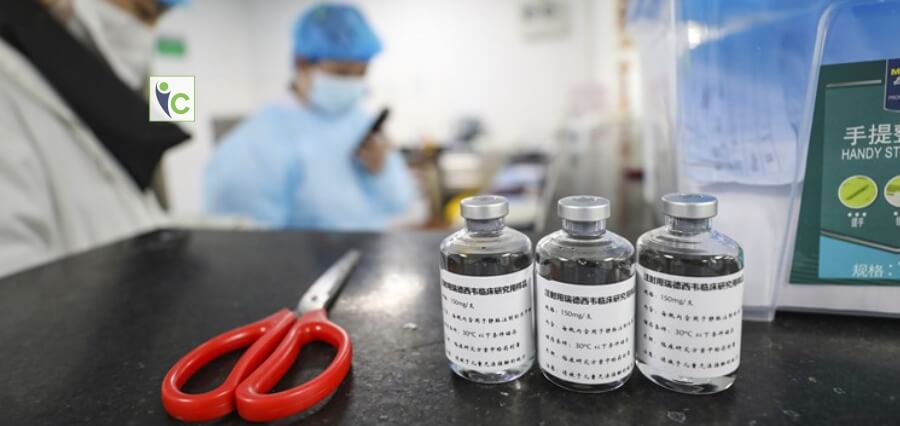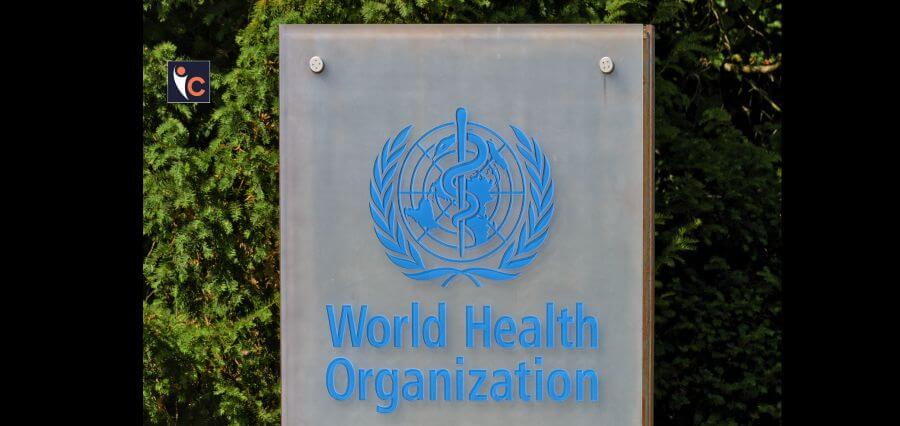Medical News Today had reported that previously stated by the research done by Sarah Gilbert, a professor of vaccinology at Oxford University’s Jenner Institute in the United Kingdom, led on a potential vaccine.
The recombinant vaccine that was developed by the team used a chimpanzee adenovirus (called ChAdOx1) that is deemed harmless to humans and is then inserted into the spike protein gene of SARS-CoV-2.
As this approach to developing vaccines has been “extensively tested in other situations,” and the research group has been able to successful track in this area (that includes the development of a promising vaccine against MERS, a “cousin” of SARS), experts were pretty confident a few months ago that Prof. Gilbert’s team would devise an effective SARS-CoV-2 vaccine.However, there were concerns about dosage.
At the time, Prof. Ian Jones from the University of Reading said, “More challenging […] will be working out if the amount given is sufficient to give full protection, and if it needs one dose or two.”Now, in collaboration with The Pirbright Institute in the U.K., the Jenner Institute have tested the vaccine, called the ChAdOx1 nCoV-19 vaccine, in pigs and found that two doses create a greater antibody response than one dose. (Source: Medical News Today).
According to The Pirbright Institute, phase I of the human clinical trials have already begun and the researchers have been testing a single dose of ChAdOx1 nCoV-19 because research in macaque monkeys showed that a single immunization with the vaccine protected against lung disease.










